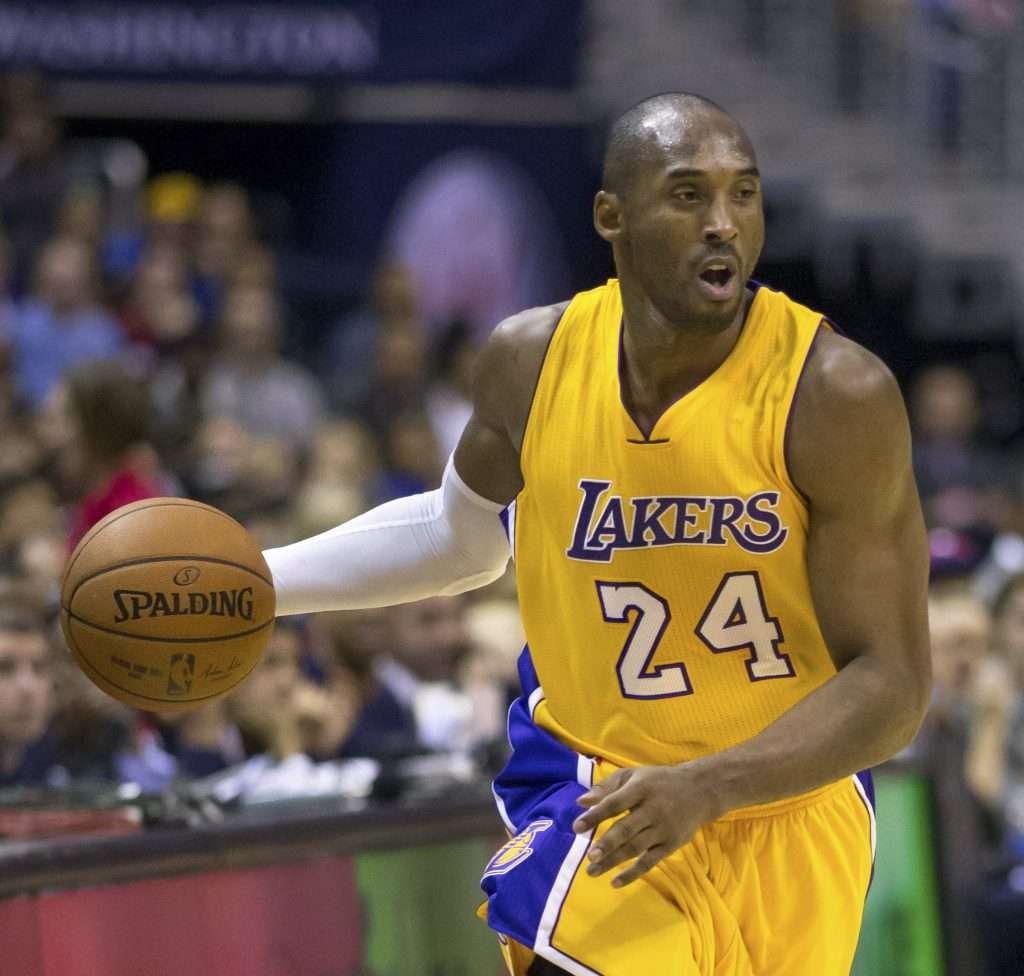Kobe Bryant’s mentality and relentless pursuit of greatness have been the subject of awe and inspiration for countless athletes and fans. What sets him apart is not just his skill, but his unflinching commitment to constant self-improvement and his relentless work ethic, on and off the court.
To Bryant, playing basketball wasn’t just a hobby or a profession; it was a commitment to a craft, a commitment that required everything to be dedicated towards becoming a better player. Bryant believed in complete dedication, without compromise. If you sought first place, he would invite you to join him. If you desired anything less, he’d ask you to take your talents elsewhere.
His journey wasn’t just a quest to improve his game, but also to strengthen his mind. He observed the greats of the game, like Magic Johnson and Michael Jordan, learning not just their techniques but also their mindset and dedication to the sport.
Bryant’s work ethic was legendary, and his discipline was unwavering. His commitment to self-improvement was an everyday process that spanned his entire 20-year career. He painstakingly analyzed his strengths and weaknesses and developed strategies to improve each aspect of his game. His physical attributes, he believed, could be augmented with skills, knowledge of the game, and his understanding of the angles and mechanics of basketball.
His mental switch, as he described it, enabled him to compartmentalize his focus and intensity during games and practice, emulating the mindset of a gladiator entering the battlefield. His dedication was all-encompassing, even affecting his relationships, something he accepted as a necessary sacrifice.
Bryant was acutely aware of the perception of his performance and worked tirelessly to live up to his own high expectations. His attitude towards setbacks was analytical, not emotional. In the face of failure, such as missed shots, he strived to understand the underlying reasons, adjusting his training and preparation to ensure that he wouldn’t repeat the same mistake.
His search for knowledge didn’t stop at his own experience. Bryant sought the wisdom of other basketball greats like Magic Johnson, Michael Jordan, Larry Bird, and others, referring to these interactions as trips to “Goat mountain”. He learned from their experiences, soaking in their approach to the game and their obsessive attention to detail.
Despite his relentless pursuit of greatness, Bryant maintained a level-headed perspective. He understood that not every player would be able to make the game their number one priority, as he had. He also understood that some relationships would suffer due to his commitment, a price he was willing to pay to avoid any future regrets.
Post-retirement, Bryant’s approach to business mirrored his approach to basketball: understand the business, know the barriers to entry, believe in the culture, and trust in the people. He looked for obsessiveness in the entrepreneurs he worked with, seeking people who shared his level of commitment.
When faced with significant setbacks, such as his Achilles injury, Bryant’s indomitable spirit shone through. He faced adversity head-on, viewing it as another obstacle to overcome, not as a defining event. He was adamant that he would retire on his own terms, not due to an injury.
In summary, Bryant’s advice to champions is clear: dedication, hard work, obsession with improvement, understanding the game, and mental toughness are the pillars of greatness. His legacy is not just in the games he won or the records he set, but in the mindset he personified and shared with the world.




